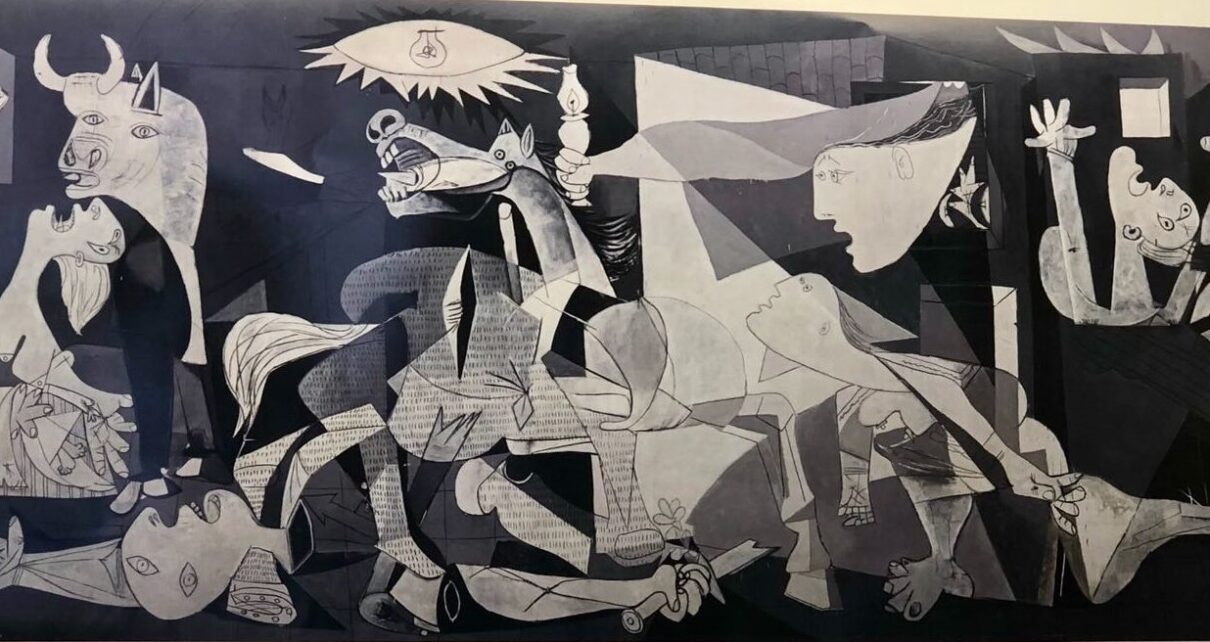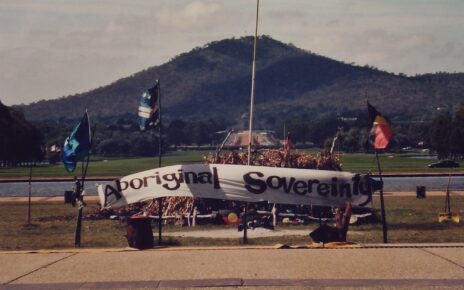Sign up for this online seminar with distinguished British political philosopher Arthur Bradley on the compelling and most timely issue of “political erasure.“
When? Thursday, March 10, 10:00-12:00 am Mountain Standard Time, 17:00 to 19:00 Greenwich Mean Time, 18:00-20:00 Central European Time
Registration Link: https://udenver.zoom.us/meeting/register/tZwkdeGorT4sEtIg_3MrkO0fm6E-vgjtI1Az
You must register in advance for this session. Registration is free. Once you have registered, you will automatically receive a participation link.
Arthur Bradley is Professor of Comparative Literature at Lancaster University. He is the author of Negative Theology and Modern French Philosophy (Routledge, 2004), Derrida’s Of Grammatology: A Philosophical Guide (Indiana, 2008), The New Atheist Novel: Fiction, Philosophy and Polemic after 9/11 (Bloomsbury, 2010), and Originary Technicity: The Theory of Technology from Marx to Derrida (Palgrave, 2011). He also coedits the Bloomsbury series Political Theologies and directs the Institute for Social Futures at Lancaster University.
______________________________________________________________________________
In his book Unbearable Life: A Genealogy of Political Erasure British philosopher Arthur Bradley writes that Michel Foucault’s “thought experiment on the sovereign right of life and death inexorably leads” to the realization that “what we call ‘sovereignty’ conceives of itself from the very beginning as power not only over the production of life and death but of presence and absence—time and space, life and death, the natural and the political—in short, of the order of ‘being’ itself.” As the anchor concept for any theory of political rights, Bradley suggests, sovereignty is tantamount to having the right to determine who even has the right to exist. As the publisher’s book description puts it, those who have been objects of the implementation of sovereign acts “go by different names—’enemies of the people;’ the ‘missing,’ the ‘disappeared,’ ‘ghost’ detainees in ‘black sites’ —but they are subject to the same fate of political erasure.”
Bradley’s unique and often controversial reading of Foucault spans the history of Western political thought from Augustine to Thomas Hobbes to Walter Benjamin. But in light of very recent events, especially the Russian invasion of Ukraine, Bradley’s analysis is highly relevant. For example, Russian President Vladmir Putin in his rhetorical run-up to the invasion literally wrote Ukraine as a nation out of history and made it sound as if they were simply a convenient fiction invented by the West to deny the imperial hegemony of the Russian state. This polemical act of “political erasure” was immediately followed by Putin’s unleashing of the full might of the Russian military with an invasion of Ukraine in a deliberate effort to annihilate its putative sovereignty as an independent nation-state and to assassinate its leadership.
This session of Critical Conversations will consist in a free-ranging interview with Bradley by JCRT editor Carl Raschke. The conversation will include pre-arranged responses by members of the editorial staff as well as an open forum for seminar attendees.




